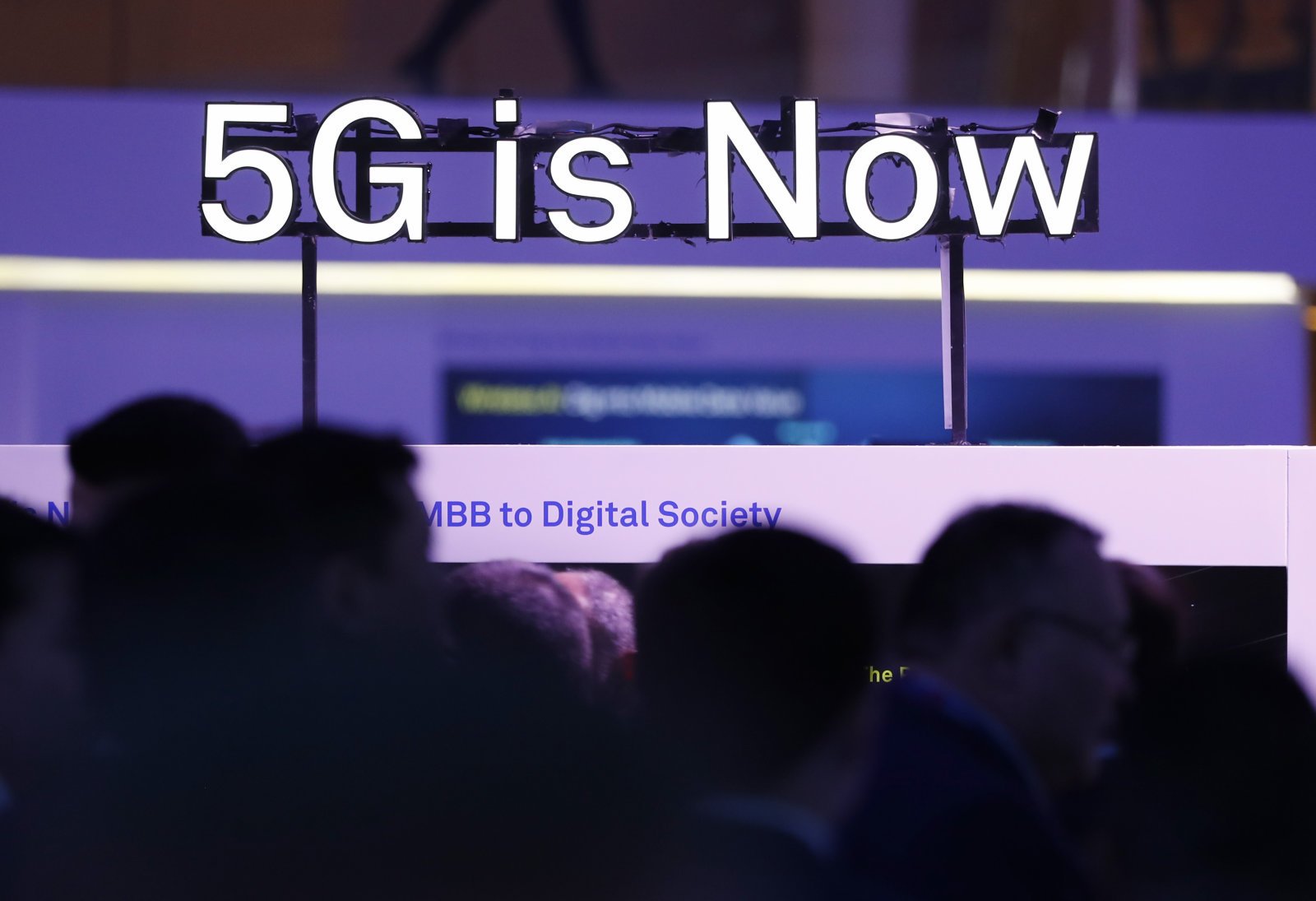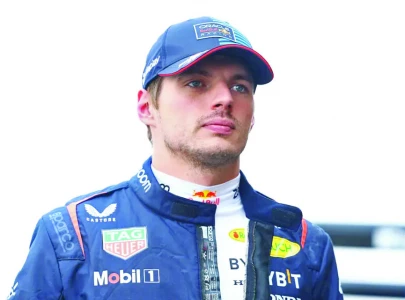
“I don’t think we have a 5G problem,” Gorti told Reuters in an interview, calling its development a marathon where a lot of focus had been put on the first ten minutes of the race.
Last month Nokia cut its outlook for this year and next because of the need to step up its investments in 5G - news that knocked a third off its share price.
It also suspended dividend payments to conserve cash and pledged to hurry up the introduction of new 5G chipsets.
That was in sharp contrast to Sweden’s Ericsson, which had lifted its market forecast for this year and its sales target for 2020 just a week earlier.
Malaysia’s 5G plan a potential boon for China’s Huawei
Nokia was wrong-footed by waiting for 5G radio standards to enter force late last year, while rivals were quicker to revamp products in anticipation of early rollouts in the United States and Korea, industry sources and analysts told Reuters.
Amit Hirchandani, sector analyst at Citi in London, calls Nokia a “show me” story in which it must demonstrate clear progress on fixing and deploying its 5G products in the coming months to restore investor confidence.
Gorti said the 5G cycle consisted of several different parts, adding he believed Nokia to be ahead its peers in aspects such as software development, internet of things deployments or wireless access.
“I personally think we have an at least 2 to 3 years or more lead on our nearest competitor Ericsson (in software),” he said.
A SHIFT TOWARD SOFTWARE
The operating profit from Nokia’s software business grew 108% to 156 million euros ($172.6 million) year-on-year in the third quarter, topping the profit from Nokia’s long-time main business the networks at 128 million for the quarter.
Gorti said it was important to understand that 80% of the mobile network is actually software and that the virtualisation of networks would only speed up for new 5G networks.
From Next Year: Qualcomm to put 5G chips in phones
Virtualisation means that mobile network hardware can increasingly be replaced by software operated from a cloud service - a key development for Nokia and its peers to keep up with as virtualization is now entering the radio access network (RAN) technology where most investment has gone so far.
Nokia, unlike Ericsson and Huawei, has opted to participate in the development of open RAN technology, promising to support multi-vendor interoperability so that its operator clients are not tied to one vendor only.
“We think, if anything, the more things will run on general platforms it will drive the economics better for everybody,” Gorti said, adding Nokia was committed to supporting open RAN development in the future as well.

1732441915-0/BeFunky-collage-(12)1732441915-0-165x106.webp)

1732438802-0/BeFunky-collage-(11)1732438802-0-165x106.webp)




1732347751-0/Express-Tribune-(1)1732347751-0-270x192.webp)








COMMENTS
Comments are moderated and generally will be posted if they are on-topic and not abusive.
For more information, please see our Comments FAQ